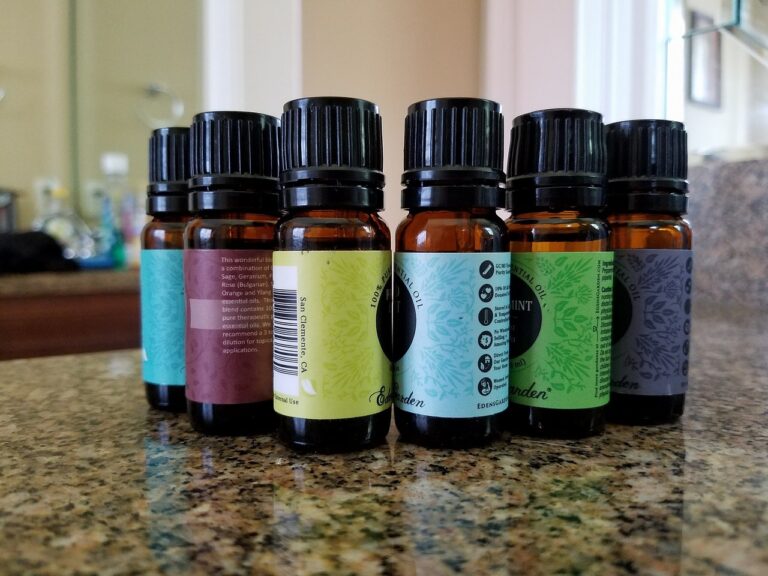Exploring Alternative Therapies for Rheumatology Patients: Allpanel777, Laser book 247.com, 99 exch.com
allpanel777, laser book 247.com, 99 exch.com: Living with rheumatological conditions such as arthritis, lupus, or fibromyalgia can be challenging. The pain and stiffness that come with these diseases can greatly impact a person’s quality of life. While traditional treatments such as medication and physical therapy are often recommended, many patients are also exploring alternative therapies to manage their symptoms and improve their overall well-being.
In this blog post, we will discuss some alternative therapies that rheumatology patients may consider adding to their treatment plan. These therapies are not meant to replace traditional medical treatments but can be used in conjunction with them to provide additional relief.
1. Acupuncture
Acupuncture is a traditional Chinese medicine practice that involves inserting thin needles into specific points on the body. Many rheumatology patients find acupuncture helpful in reducing pain and improving mobility. Studies have shown that acupuncture can help with conditions such as osteoarthritis, rheumatoid arthritis, and fibromyalgia.
2. Massage Therapy
Massage therapy can help rheumatology patients by reducing muscle tension, improving circulation, and promoting relaxation. Different types of massage, such as Swedish massage or deep tissue massage, can be tailored to each individual’s needs. Many patients find that regular massages can help alleviate pain and stiffness associated with their condition.
3. Yoga
Yoga is a gentle form of exercise that focuses on breathing, flexibility, and strength. Many rheumatology patients benefit from practicing yoga as it can help improve joint mobility and reduce pain. There are specific yoga poses and sequences designed for individuals with arthritis or other rheumatic conditions.
4. Tai Chi
Tai Chi is a martial art that involves slow, gentle movements and deep breathing. It has been shown to improve balance, flexibility, and strength in rheumatology patients. Tai Chi can help reduce pain and stiffness while also promoting relaxation and stress relief.
5. Mindfulness Meditation
Mindfulness meditation involves focusing on the present moment and accepting your thoughts and feelings without judgment. Many rheumatology patients find that practicing mindfulness meditation can help reduce stress, improve sleep, and manage pain. Meditation can be done individually or in a group setting.
6. Herbal Supplements
Some rheumatology patients choose to incorporate herbal supplements into their treatment plan. Supplements such as turmeric, ginger, or omega-3 fatty acids have anti-inflammatory properties that may help reduce pain and stiffness. It’s important to consult with a healthcare provider before starting any herbal supplements to ensure they are safe and effective.
7. Aromatherapy
Aromatherapy involves using essential oils to promote relaxation and reduce pain. Patients can use essential oils in a diffuser, as a topical treatment, or in a bath. Lavender, peppermint, and eucalyptus are commonly used oils for rheumatology patients to help with pain management.
8. Hydrotherapy
Hydrotherapy involves using water for pain relief and relaxation. Hot water baths, whirlpools, or swimming can help soothe achy joints and muscles. Water exercises can also help improve strength and flexibility without putting too much strain on the joints.
FAQs:
1. Are alternative therapies safe for rheumatology patients?
In general, alternative therapies are safe for rheumatology patients when done under the guidance of a healthcare provider. It’s important to consult with your rheumatologist before starting any new therapy to ensure it is appropriate for your condition.
2. Can alternative therapies cure rheumatological conditions?
Alternative therapies are not meant to cure rheumatological conditions, but they can help manage symptoms and improve quality of life. It’s important to continue with your prescribed medical treatments while exploring alternative therapies.
3. How do I know which alternative therapy is right for me?
It’s important to work with your healthcare provider to determine which alternative therapy may be beneficial for your specific condition. They can help guide you towards therapies that are safe and effective for your individual needs.
In conclusion, exploring alternative therapies can be a valuable addition to traditional treatments for rheumatology patients. By incorporating practices such as acupuncture, massage therapy, yoga, or meditation into your treatment plan, you may find relief from pain and stiffness while improving your overall well-being. Remember to consult with your healthcare provider before starting any new therapy to ensure it is safe and appropriate for your condition.







